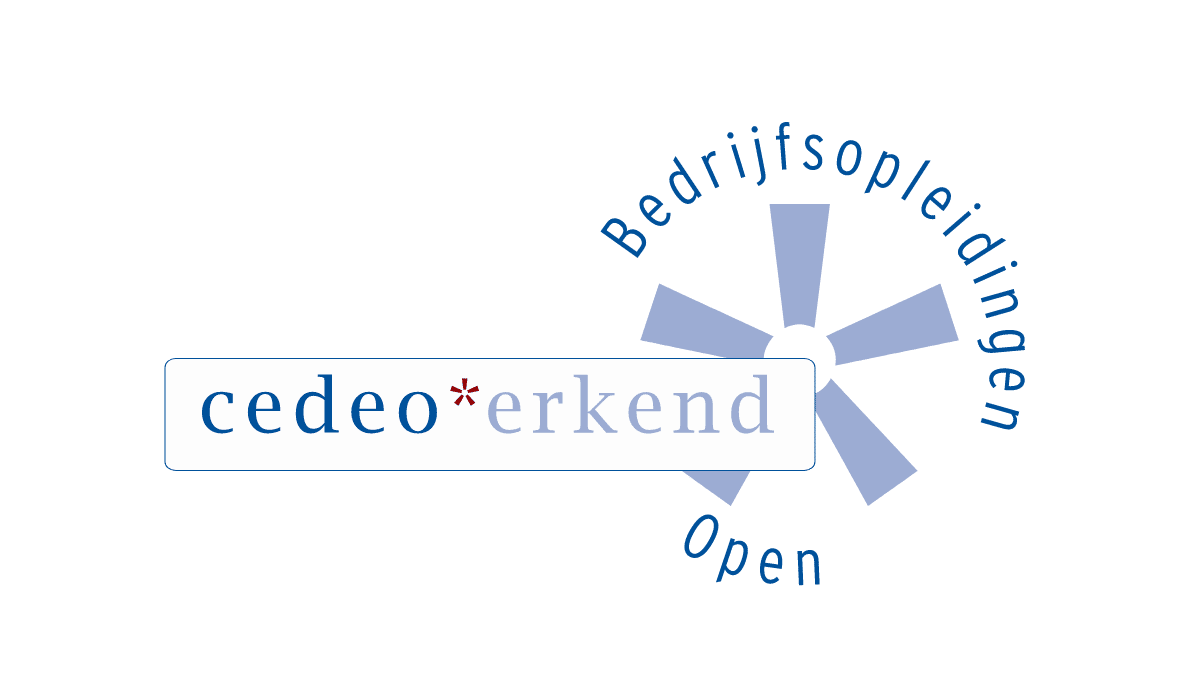Home Johan Cruyff ArenA changes the game on sustainability
Johan Cruyff ArenA changes the game on sustainability

Kelly Ruigrok, CEO | GSES & Willem Hegen, Crowd Services Manager & Project Lead Sustainability | Johan Cruyff ArenA
The Coldplay concert at Amsterdam’s Johan Cruyff ArenA last summer was ground-breaking in terms of sustainability. In order to fully monitor, measure and analyse the event’s environmental impact, the stadium teamed up with GSES, the Dutch-based sustainability rating system. Together, they launched a game-changing approach which is making waves across the venues and events industry.
The sustainability transparency provided by this initiative also makes the leisure and events industry more interesting for financial institutions seeking evidence-based sustainability data from their business customers. Kelly Ruigrok (CEO at GSES) and Willem Hegen (Crowd Services Manager & Project Lead Sustainability at Johan Cruyff ArenA) explained their partnership ahead of the Sustainable Finance and Climate Risk Event.
What was so special about the Coldplay concert?
Willem Hegen: During their “Music of the Spheres” world tour this year, Coldplay pledged to make the series of shows as low-carbon as possible. This included giving concert venues including the Johan Cruyff ArenA, a “sustainability rider” which set out the band’s sustainability goals for the venues. We embraced this set of parameters and joined forces with GSES to work on meeting the Coldplay criteria, as these fitted perfectly with the stadium’s own net positive sustainability goal.
Kelly Ruigrok: The Coldplay concert resulted in GSES, together with the team at the Johan Cruyff ArenA, creating a seventh pillar in the GSES system. This has quickly become the new sustainability data standard for the leisure and entertainment sector. Coldplay was the first-ever event which we have measured and verified, but it will certainly not be the last!
Why might this be particularly interesting for banks and financial institutions?
Kelly Ruigrok: At GSES, we already work with a number of banks and financial institutions, including ABN AMRO and Univé so we are used to measuring sustainability on behalf of their clients. However, this was the first time we were able to provide information which would enable financial parties to assess leisure and entertainment sector companies according to the global sustainable venue benchmark which we have created. This could become highly interesting when it comes to measuring the sustainability of loans, for example, to this particular sector which has specific challenges regarding sustainability.
The Johan Cruyff ArenA sees sustainability as a non-negotiable requirement. Could you explain what that means to you?
Willem Hegen: Sustainability is set within the core of our structure. We are partly public-owned, and it is important that we deliver something back to the public who visit, and to society as a whole. We host large scale events for varying from 55,000 to 72,000 visitors, and I think it’s key and crucial for us to innovate on sustainability and really make a difference. Today, as frontrunners in our industry, we are able to motivate large organizations, both in the sporting and entertainment industry, but also in the corporate world, to move along with us on this journey. We’re in a fortunate central position of a key network.
What does sustainability mean to you?
Willem Hegen: Well, first the word “sustainability” itself has become a huge generalisation! As an organisation we first struggled with stacking the large number of separate initiatives which we already had in terms of ESG. For example, we have had solar panels on our roof for years and we have a battery system to store the energy which we use to power events. But how did they fit together with our wide range of initiatives on the social pillar in order for us to measure total impact? Together with GSES, we established a starting point from which we could create a greater impact by setting clear KPIs and reducing the impact of our organisation from year to year.
Kelly mentioned specific challenges facing the leisure and entertainment industry on sustainability reporting: could you elaborate?
Willem Hegen: We are an organization which outsources between 70% to 80% of our business. This means we are very reliant on suppliers and the whole supply chain around us. We therefore wanted to have a sustainability monitoring system which could help us make our suppliers responsible for their own business, but through which we can measure the total impact of the operation. We wanted to create a clear level of responsibility.
How did GSES see that?
Kelly Ruigrok: GSES is a generic system which is sector agnostic. But specifically for the entertainment and leisure sector, there was a need for a sector specific pillar. Why? Because we want to move these venues to actually measure their events not only on carbon footprint, for example, but also on social matters, sustainable development, goal contributions, and more. That seventh pillar is divided into an event level and an organizational level, which is how venues measure themselves.
What are they measuring?
Kelly Ruigrok: In effect, they’re already measuring CSR, sustainable procurement, health and safety and everything that’s in the current pillars. But additionally, there are sector specific KPIs they have to meet to obtain that seventh pillar and get their certificate issued. And if you achieve that certification for the specific entertainment and leisure sector pillar, then you really are a frontrunner which will hopefully help you and your supply chain try to achieve the most sustainable events possible.
How does that help the Johan Cruyff ArenA?
Willem Hegen: We think it’s important to have a universal language for the venue and events industry and as I mentioned, we are very reliant on all of our stakeholders. One of the crucial elements of the GSES system is that our stakeholders are able to log in their products. And if we, for example, look at catering during events, we can measure product footprint, but also the materials footprint. From that we can actually start designing an event footprint budget prior to the event. We then also measure how the event actually performed post-event based on the sustainability dashboards coming from the catering operation.
Why is that useful?
Willem Hegen: We are able to see the impact of specific elements of the operation that we weren’t able to measure before. This allows us to make our suppliers responsible for their part of the operation and combine the data in one dashboard. I must emphasise, the system doesn’t tell you how to do it or what to do, but it can show you a direction. It then allows you to set clear KPIs yourself on the elements you want to improve, or that are relevant for your own business, which you can improve together with stakeholders.
Can the system have a wider impact?
Kelly Ruigrok: We also did a wider case study together with the Johan Cruyff ArenA to establish their impact on the targets of the municipality of Amsterdam. So, we also measure impact within geographic regions. At GSES we want to establish real change. And to drive change you not only need companies or their suppliers, you also need the regional authorities, and at the top level, the national government to be involved. We really try to connect up all those dots. And a big part of our Johan Cruyff ArenA partnership is also to establish lasting collaborations between private and public parties.
Many readers will be looking forward to future CSRD reporting obligations, can GSES help with that?
Kelly Ruigrok: We began this project after the Johan Cruyff ArenA did an event with KPMG about materiality analysis. So basically, with the GSEs, you can also report on the CSRD, and that’s also what the Johan Cruyff ArenA is doing now, in order to be compliant in future.
How is the Johan Cruyff ArenA looking ahead?
Willem Hegen: We have set the ambition to become Net Positive in 2030, a bold ambition. We will start reporting on event, venue, and organisation levels. We are already working towards the next events that we want to measure together with different organisers. We hope in the near future to create a standard set of measurements on sustainability for each type of large-scale event that we have, from soccer matches to large-scale concerts, dance events and corporate events. And it would be, I think, excellent if we can establish an industry standard, a protocol, for each type of event. Also, we periodically perform a major compliance audit to ensure we do what we say. That eliminates the chance of greenwashing as well.
CSRD & Sustainability Reporting Essentials
CSRD & Sustainability Reporting Essentials training. De belangrijkste elementen van non financiële verslaglegging voor...
Securitisation Event
The Securitisation Event, where more than 250 participants come together annually to discuss developments...
Download the brochure
Share
